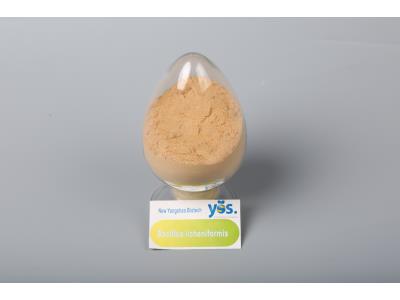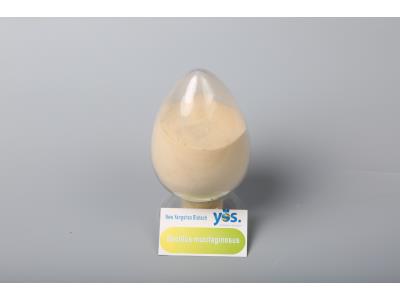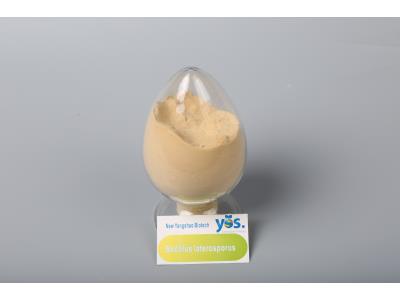Description
Bacillus licheniformis is a Gram-positive bacterium renowned for its ability to enhance soil health and promote plant growth. When applied to soil, it multiplies rapidly, effectively occupying space and thriving even in highly acidic environments. This beneficial bacterium increases the flora in the soil, improving the rhizosphere environment, which not only fosters plant growth but also inhibits the reproduction of harmful microorganisms.
With its unique capabilities, Bacillus licheniformis contributes to sustainable agriculture by degrading pesticide residues and reducing soil heavy metal pollution, particularly metal cadmium. Its mechanisms include competing with pathogens for resources, producing natural antibiotics and enzymes, and enhancing nutrient availability for plants, resulting in improved crop yields and agricultural product quality.
Specifications
| Attribute | Description |
|---|---|
| Type | Gram-positive Bacterium |
| Function | Enhances soil flora, promotes plant growth, inhibits harmful microorganisms |
| Environmental Tolerance | Highly acidic environments |
| Benefits | Degrades pesticide residues, reduces heavy metal pollution |
| Mechanism | Competes with pathogens, produces antibiotics and enzymes |
Additional Information
Bacillus licheniformis plays a crucial role in sustainable farming practices, supporting healthier crops and reducing chemical reliance. Its application can be pivotal in organic farming, helping to maintain ecological balance and improve soil health.



.jpg)

